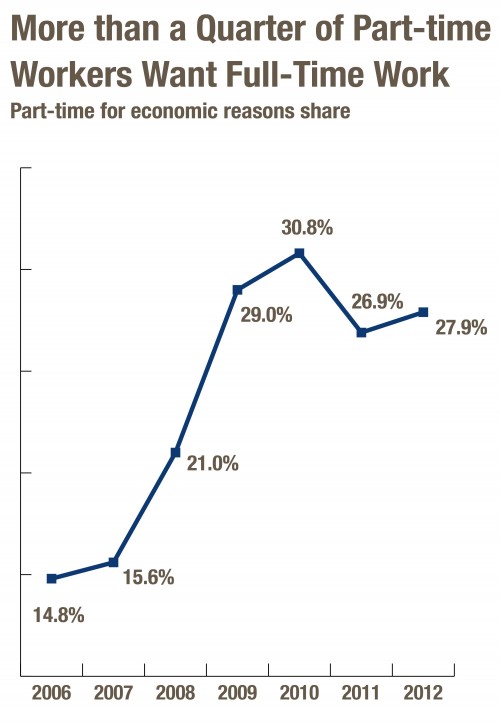 As we move closer toward another legislative session and heated election season, Georgia’s economy is sure to become a hot topic. It’s innate to state politics for governors, legislators and candidates to make claims about whether jobs and businesses are growing and whether working families are making progress. Just last week Georgians were beset by news that a niche trade magazine awarded Georgia some fairly meaningless praise about its “business climate.”
As we move closer toward another legislative session and heated election season, Georgia’s economy is sure to become a hot topic. It’s innate to state politics for governors, legislators and candidates to make claims about whether jobs and businesses are growing and whether working families are making progress. Just last week Georgians were beset by news that a niche trade magazine awarded Georgia some fairly meaningless praise about its “business climate.”
Georgians deserve to get the facts about how the state’s economy is performing. Because despite what you may have heard, Georgia families are hurting.
The Georgia Budget and Policy Institute’s recent report, State of Working Georgia 2013, employs a range of data about jobs, wages, health care, unemployment and other measures to show how today’s global economy shapes the lives of Georgia families. The report is a resource for lawmakers, advocates and citizens to get their hands around what’s really going on.
The report’s core finding is straightforward: About six years since the onset of the Great Recession, working Georgians still struggle to emerge from the shadow of the crisis. Unemployment is high, wages are stagnant and Georgia’s economy isn’t adding jobs fast enough to get back to pre-recession levels anytime soon.
The report is packed with a wealth of detailed information. For example, the section of the report that explores Georgia’s persistent unemployment problem, the rise of “involuntary part-time” work and other labor market challenges finds:
- Unemployment in Georgia ranks among the highest in the nation. The state’s average unemployment rate of 8.5 percent through the first half of 2013 ranked 41st among the states. In 2007, Georgia ranked 22nd. In 2001, it ranked 15th.
- Pickings are slim for about 420,000 Georgians who are out of jobs and looking for work. National data indicate there is only about one job opening available for every three people trying to find jobs today.
- More than a quarter of Georgians working part-time jobs would prefer full-time hours, roughly double the norm from 2001 to 2007. Often called “involuntary part-time” workers, these are Georgians who’ve had their hours cut or who simply cannot find full-time work.
In coming months, I’ll share more details from the report about wages, inequality and other findings. Stay tuned for new blogs updates, fact sheets and regularly check the Twitter hashtag #SWGA.









